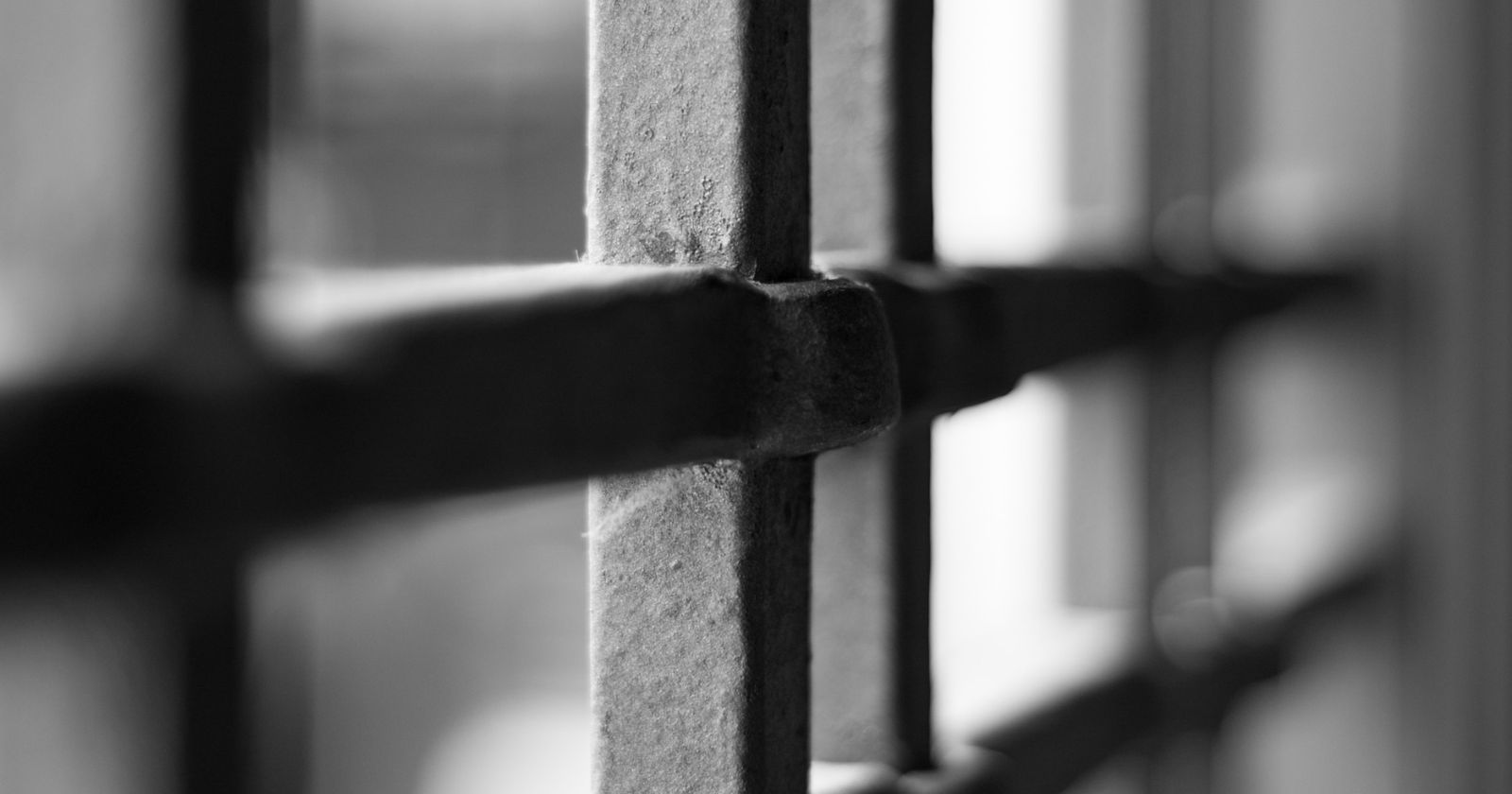 Inmates in Singapore are housed in a male or female institution based on their registered sex and not their self-identified gender, said Minister for Home Affairs K Shanmugam in Parliament on Nov. 7, 2023.
Inmates in Singapore are housed in a male or female institution based on their registered sex and not their self-identified gender, said Minister for Home Affairs K Shanmugam in Parliament on Nov. 7, 2023.
Shanmugam was answering a question posed by Bukit Batok SMC's Member of Parliament Murali Pillai on the ministry's approach towards the housing of transgender persons in prison settings in Singapore.
Scotland's case of transgender woman rapist housed in women's jail
Shanmugam said that Murali's question was likely raised due to a recent case in Scotland of Isla Bryson, a transgender woman who was convicted of double rape of women and was initially housed in an all-female jail.
Isla Bryson was undergoing hormonal treatment to transition to a female at the time of his conviction in January 2023, said Shanmugam.
In his response, Shanmugam explained that Bryson still had male genitalia when remanded in a women's prison while awaiting sentencing.
"And that was done based on the Scottish prison's services policy, which determines housing arrangements based on an inmate's new gender," he added.
Subsequently, there has been public debate and concerns about the safety of other prisoners over the prospect of a convicted male rapist serving a sentence in a women's prison.
Singapore considers safety of inmates: Shanmugam
In his response, Shanmugam said that Singapore's primary consideration is the safety of the inmates.
"As a rule, inmates are housed in a male or female institution based on their registered sex and not their self-identified gender."
However, he said that there could be situations where inmates might not be housed with inmates of the same registered sex.
This is for the safety of either the inmates themselves or the rest of the inmates, he added.
For example, it might not be completely safe for a male inmate who is transitioning and has developed female features, such as breasts, to be housed together with other male inmates, he said.
In such cases, they may be housed in individual cells or shared cells with other inmates facing similar situations.
There may also be situations where inmates, during medical examination upon admission, are found to have external genitalia that is different from their registered sex, Shanmugam noted.
In such cases, prisons may house them in individual cells and facilitate a medical examination to assess if they have had a complete physical change in genitalia. If so, the institution will assist the inmates to update their registered sex with the Immigration and Checkpoints Authority (ICA).
Welfare of transgender prisoners
Murali posed a supplementary question, inquiring whether there have been any instances of transgender persons being assaulted or sexually assaulted in Singapore's prisons and the steps taken to address such incidents.
Shanmugam replied that the level of violence in Singapore's prisons is very low in general.
He said this is because of pre-emptive measures, discipline in the prisons, and "fairly tight control".
Shanmugam added that he would be "surprised if there were many such instances".
He said that Singapore's approach to housing inmates was a practical one.
On whether there is an institutional practice to check on transgender prisoners' wellbeing in prisons, Shanmugam said that counsellors are available for all inmates, not just transgender persons, to be interviewed regularly and spoken with.
Prisoners can also express their concerns, and if their requests are deemed legitimate, they will be addressed, he added.
Top photos from Unsplash
If you like what you read, follow us on Facebook, Instagram, Twitter and Telegram to get the latest updates.


